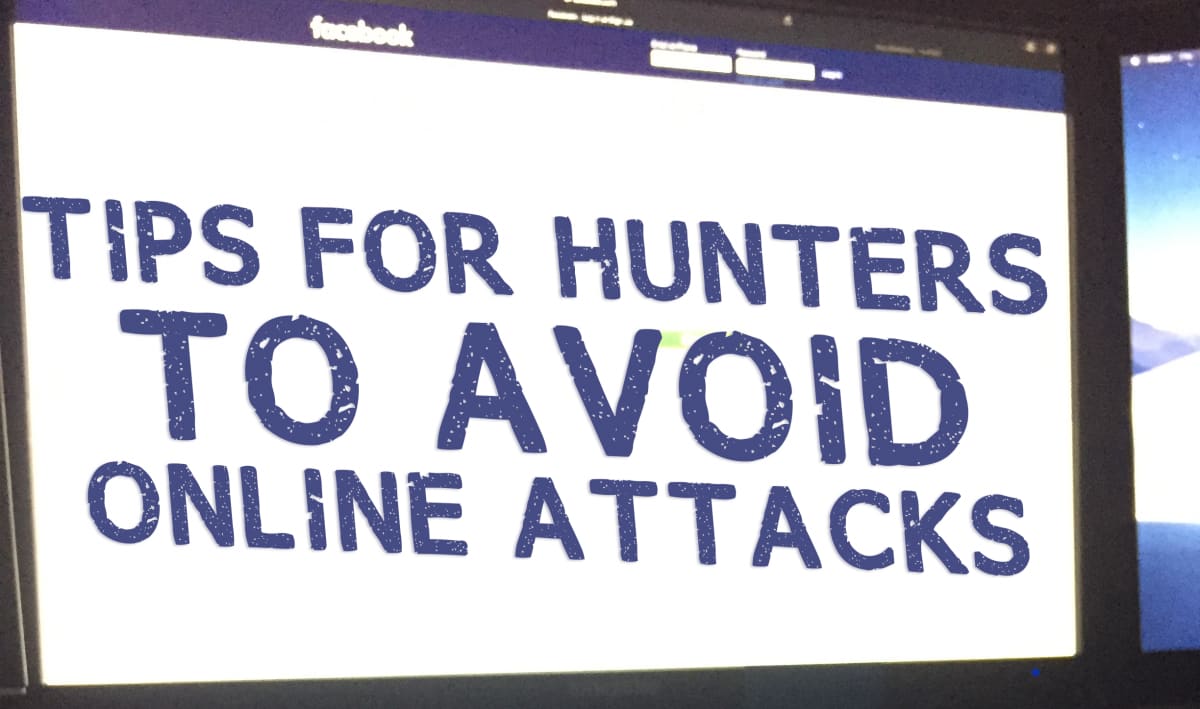How Hunters Can Avoid Getting Attacked Online
DeerCast 02.20.19

Social media can be a great place to connect with other hunters, pick up a few new tips to try out afield, or to share stories of a successful hunt. Unfortunately, sharing personal hunting stories on social media can also expose you to attacks and online bullying from unsavory characters. In some severe cases, attention from famous anti-hunting celebrities has resulted in extreme harassment and even death threats for the hunter in question.
With that in mind, here are a few tips to help you protect yourself online:
Use Discretion
It wasn’t that long ago that the only way a person could see photographs from your hunting trip was if you showed them a hard copy. Since hunters usually only shared those photos with family and close friends in person, things were much less likely to get taken out of context.
That has all changed with the advent of digital photographs and the ease of sharing them online. While there are certain steps you can take to reduce the chances of outrage exploding over your photograph, the only sure way to prevent that is not to share the photo.
Before you put anything on social media, think really hard about how other people will react when they see it. True, you’re not responsible for how other people feel, but it’s still generally not a good idea to post intentionally inflammatory things online.
Instead, you should ideally share photos that help tell a story about why you love to hunt: the meat, enjoying being out in nature, spending time with family, etc. There’s nothing wrong with sharing “grip and grin” photos, but make sure you always portray the animal with dignity and respect.
Finally, photographs of certain animals like bears, wolves, mountain lions, and giraffes really tend to provoke a strong reaction from certain people. If you hunt those animals and post the photos online, just know that you’re much more likely to be attacked by anti-hunters.
Use Private Groups
If you decide to share your hunting experiences online, it’s better to participate in groups closed off to the general public. Ideally, these groups will vet those that want to join and will remove those who misbehave.
Private Facebook groups and the DeerCast App are both examples of good places to share your hunting stories. While people still do act inappropriately in those communities on occasion, they are still generally much safer places than an open Facebook group and you’re much less likely to draw the attention of trolls on a large scale.
Block Them
Mark Twain once said “Never argue with a fool, onlookers might not be able to tell the difference.” That’s generally very good advice when confronted with someone attacking you for being a hunter.
If someone is genuinely interested in having a conversation with you about hunting or conservation, then by all means engage and debate them. Who knows, you might change their mind. However, if someone is just attacking and degrading you, which is the most common way people seem to operate on social media these days, then just block them and move on.

